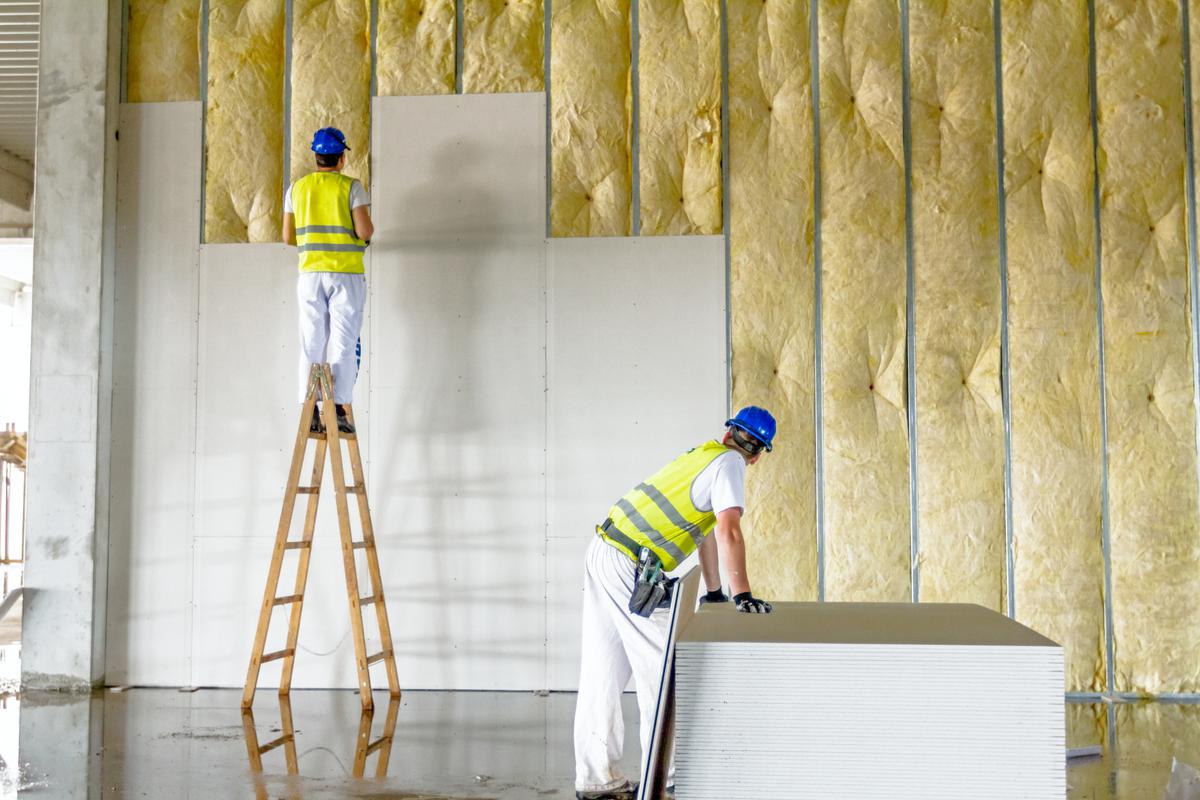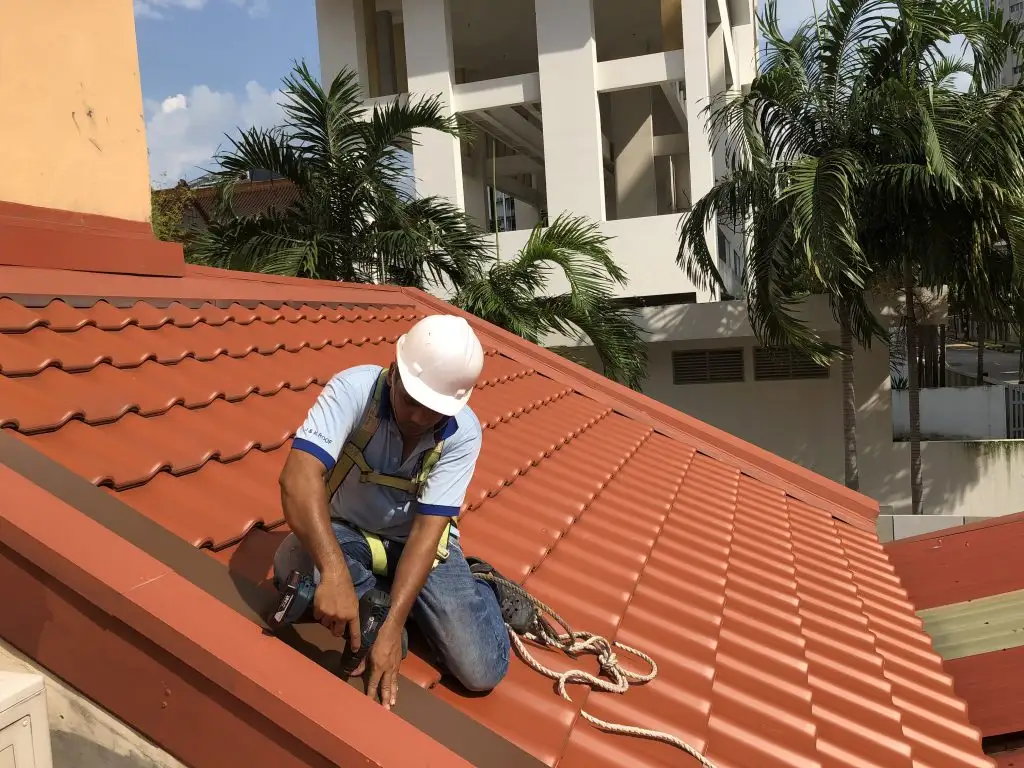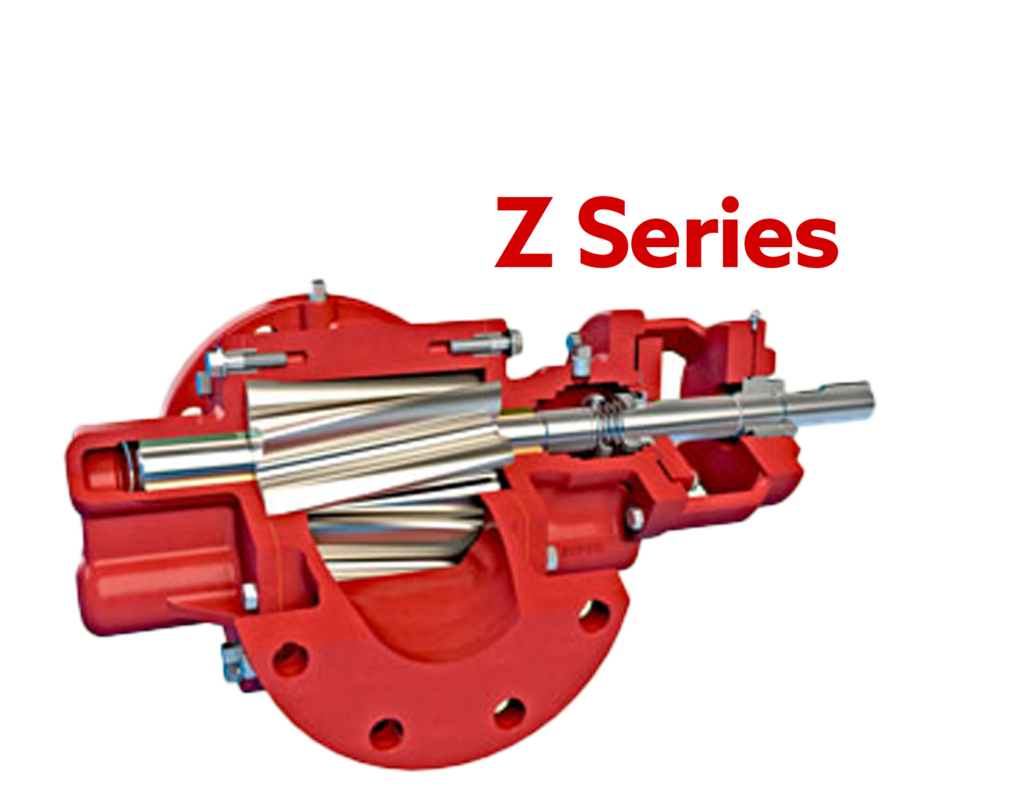The Best Plumbing Maintenance Tips for Home Plumbing Systems

Regular maintenance of your home plumbing system can prevent costly repairs, ensure smooth water flow, and prolong the life of your pipes and fixtures. Here are the best tips for maintaining your home’s plumbing:
-
Table of Contents
Regularly Check for Leaks
- Why It’s Important: Leaks waste water, increase bills, and can lead to water damage.
- What to Do: Inspect faucets, showerheads, pipes under sinks, and outdoor spigots for leaks. Fix any leaks promptly to avoid water damage.
- Pro Tip: Look for hidden leaks by checking for unusually high water bills, mold, or damp spots on walls and ceilings.
-
Keep Drains Clear
- Why It’s Important: Clogged drains can lead to slow drainage, backups, and even pipe damage.
- What to Do:
- Use strainers in sinks and showers to catch hair, food particles, and debris.
- Avoid pouring grease, oil, or food scraps down kitchen drains.
- Clean out strainers regularly.
- Pro Tip: Use natural cleaners like baking soda and vinegar monthly to keep drains fresh and avoid chemical-based drain cleaners, which can corrode pipes.
-
Prevent Clogged Toilets
- Why It’s Important: Clogged toilets are inconvenient and can cause overflowing, leading to potential water damage.
- What to Do:
- Only flush toilet paper and waste down the toilet.
- Avoid flushing non-flushable items like wet wipes, paper towels, cotton balls, or sanitary products.
- Pro Tip: Use a plunger to address small clogs before they become major blockages.
-
Maintain Water Heater Efficiency
- Why It’s Important: A well-maintained water heater provides consistent hot water and operates efficiently, lowering energy bills.
- What to Do:
- Drain the water heater annually to remove sediment buildup.
- Check the temperature setting (120°F is optimal for energy efficiency).
- Inspect the anode rod yearly and replace it if corroded.
- Pro Tip: Consider insulating your water heater and the surrounding pipes to conserve energy.
-
Insulate Pipes
- Why It’s Important: Insulating pipes helps prevent freezing in cold weather and improves water temperature retention.
- What to Do:
- Install pipe insulation on exposed water lines, especially in unheated areas like basements, attics, and garages.
- Ensure outdoor faucets and pipes are protected during the winter by shutting off water supply lines and draining them.
- Pro Tip: Open cabinet doors under sinks on cold nights to allow warm air to circulate around the pipes.
-
Regularly Test Water Pressure
- Why It’s Important: High water pressure can damage pipes and appliances, while low pressure indicates potential blockages or leaks.
- What to Do: Use a water pressure gauge to check that pressure is between 40-60 psi.
- Pro Tip: Install a pressure-reducing valve (PRV) if water pressure is consistently too high to prevent pipe damage.
-
Maintain and Clean Gutters
- Why It’s Important: Blocked gutters can lead to foundation leaks and basement flooding.
- What to Do: Clean your gutters regularly, especially after heavy storms or in autumn when leaves accumulate.
- Pro Tip: Ensure downspouts direct water away from your home’s foundation to prevent water pooling.
-
Install and Maintain Backflow Preventers
- Why It’s Important: Backflow can cause contaminated water to flow into your home’s clean water supply.
- What to Do: Install backflow preventers on your irrigation system and main water line if required by local regulations.
- Pro Tip: Have your backflow preventer inspected annually to ensure it’s working correctly.
-
Clean Showerheads and Faucets
- Why It’s Important: Mineral buildup can affect water flow and cause low pressure.
- What to Do: Soak showerheads and faucet aerators in vinegar to dissolve mineral deposits and improve water flow.
- Pro Tip: Do this every few months to keep them functioning efficiently.
-
Know the Location of Your Shut-Off Valves
- Why It’s Important: In a plumbing emergency, shutting off the water supply quickly can prevent serious water damage.
- What to Do:
- Locate your home’s main water shut-off valve and make sure everyone in the household knows where it is.
- Test the valve periodically to ensure it turns off the water completely.
- Pro Tip: Label shut-off valves under sinks and behind toilets so you can easily turn off individual fixtures when needed.
-
Schedule Regular Professional Inspections
- Why It’s Important: A licensed plumber can catch potential issues early, preventing expensive repairs or water damage.
- What to Do: Have a plumber inspect your pipes, water heater, and drains every year or two to ensure everything is working properly.
- Pro Tip: Ask your plumber to inspect for corrosion, leaks, and early signs of wear and tear.
-
Maintain Your Sump Pump (If Applicable)
- Why It’s Important: Sump pumps help prevent basement flooding by pumping water out of the home.
- What to Do:
- Test your sump pump every few months by pouring water into the sump pit and ensuring the pump turns on and drains the water.
- Clean the pump’s inlet screen and check the power source.
- Pro Tip: Install a battery backup system for your sump pump to ensure it works during power outages.
Conclusion
Following these plumbing maintenance tips can keep your home’s plumbing system running smoothly, prevent expensive repairs, and avoid water damage. Regular inspections, proper waste disposal, and knowing how to respond to emergencies will save you time, money, and stress.
Here are some positive aspects of Manchester Plumbing and Heating:
- Experienced Technicians: The team is made up of certified, highly skilled professionals with years of experience in plumbing and heating services.
- 24/7 Emergency Service: They offer round-the-clock emergency support, ensuring customers are never left without assistance when they need it most.
- Comprehensive Solutions: From installations to repairs and routine maintenance, they handle all aspects of plumbing and heating for both residential and commercial properties.
- Customer-Centric Approach: Known for excellent customer service, Manchester Plumbing and Heating is dedicated to transparency, reliability, and client satisfaction.
- Energy Efficiency Expertise: They offer energy-efficient heating solutions, helping customers reduce energy bills while maintaining comfort.
- Strong Local Reputation: With a trusted name in the Manchester area, their commitment to quality has earned them a solid reputation.

Manchester Plumbing and Heating
50 Hampton Grove, Walmersley, BL96PT
Email: [email protected]
Website: https://manchesterplumbingandheating.co.uk/
Follow us:





